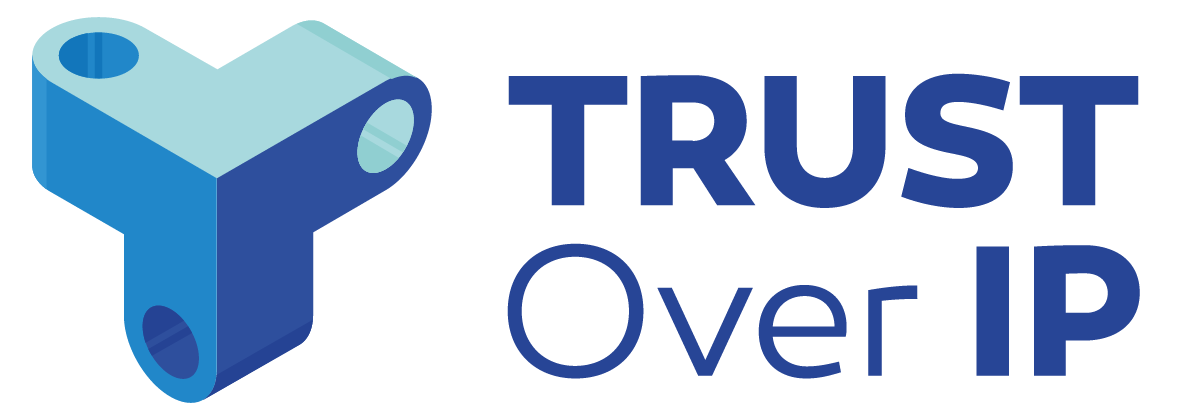Discussion Papers are to White Papers as a quick sketch is to a finished painting. Where a White Paper advocates for a completed solution as the best solution for a problem or set of related problems, Discussion Papers provide a quick way to write up a radical or unexpected idea to solve a problem in a way that fosters discussion and collaboration on refining the idea.
The goal of Trust over IP working groups and task forces is to produce SSI and related technologies and standards, eventually advocating them outside Trust over IP for general adoption.
White Papers are the gold standard for talking about solutions with enough development, testing and successful deployment to provide evidence that this is a solution that is ready for mainstream adoption.
Discussion Papers are focused on providing a quick way of capturing new directions or ideas for stubborn problems in 500 to 2000 words with a combination of google docs (for authoring) and blogs (for comments) that encourage quick turnaround and lively discussion.
The ideas can be radical, opinionated or unexpected, but they do have to solve a problem.
The structure of a Discussion Paper is problem-focused, focused on issues that customers or consumers of ToIP (or related) technologies have now or need to be solved to make distributed Digital Identity and the Data Economy successful.
The (suggested) Discussion Paper outline:
- (Executive) Summary
- Problem(s to be solved)
- Requirements for a Solution
- Solution
- Pro’s, Cons (vs other Solutions) & Vulnerabilities
- See Also (other ToIP related ideas)
- Resources and References
- Links to supporting documents & URLs
Trust over IP welcomes Discussion Papers from ToIP members, encouraging potential contributors to join Trust over IP.
Start by reviewing the published Discussion Papers on this site.
To find out how to submit a title for a Discussion Paper, plus author guidelines, tools and templates, see the Discussion Paper guidance on our wiki.

